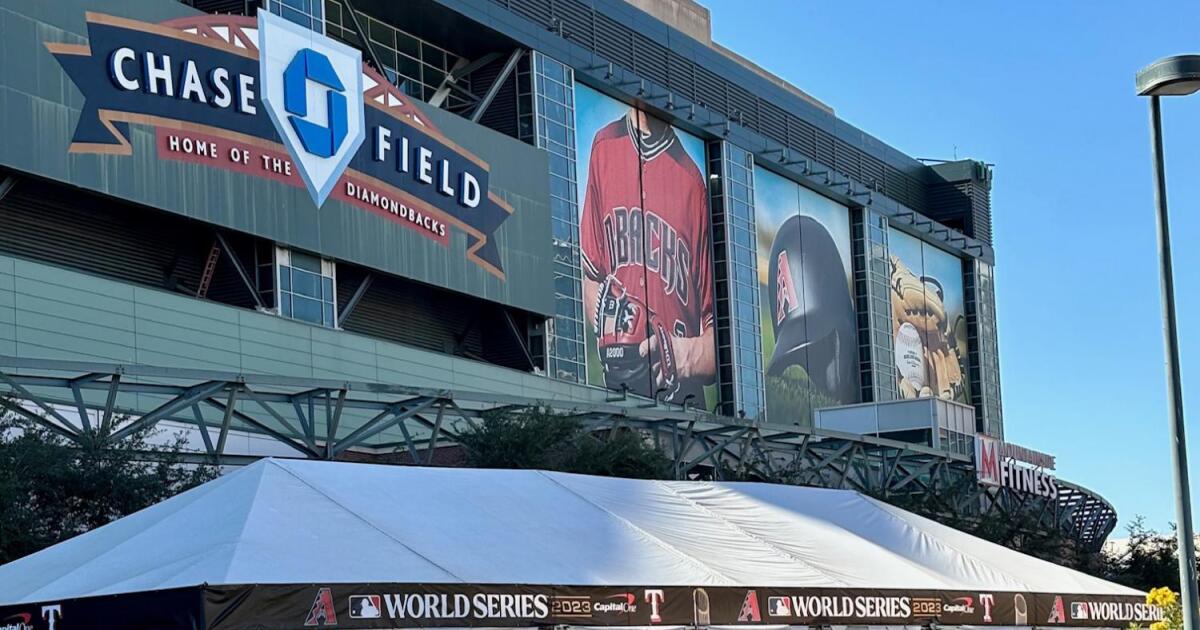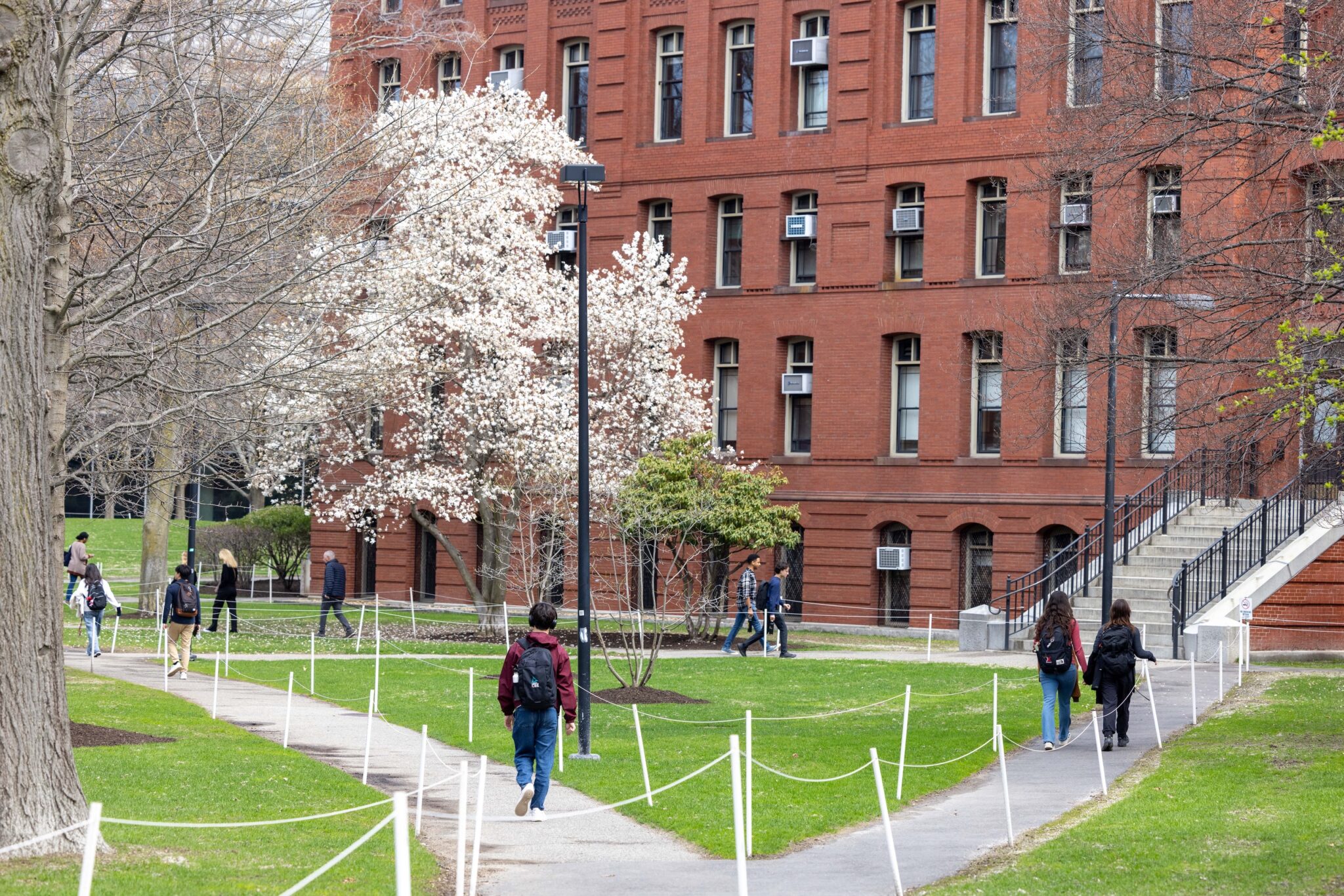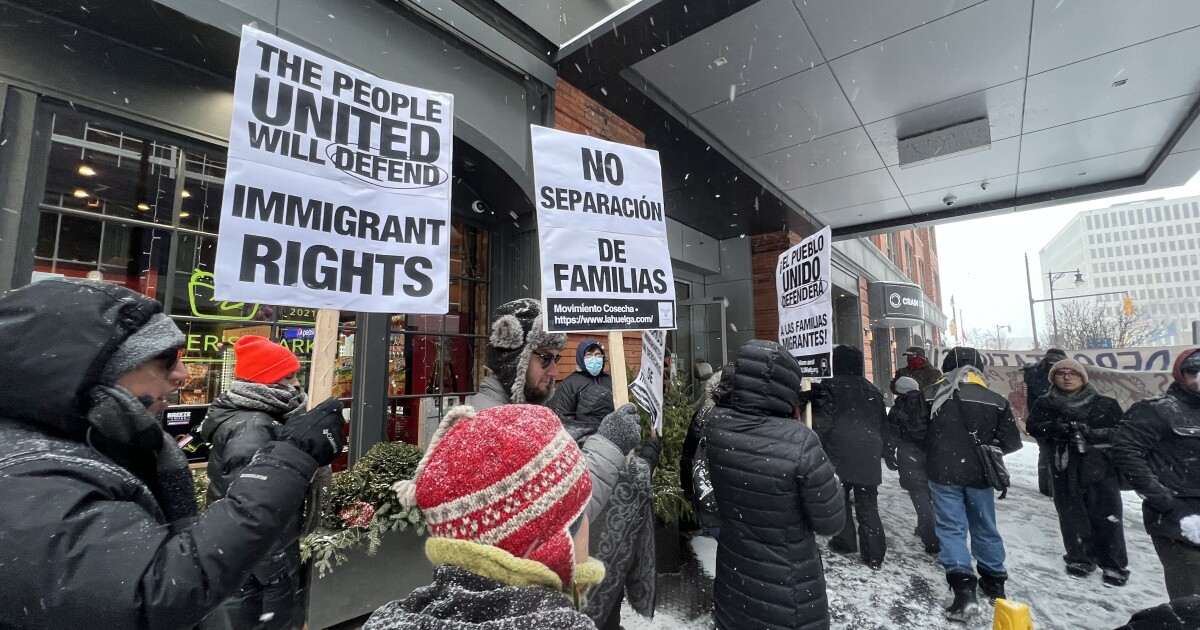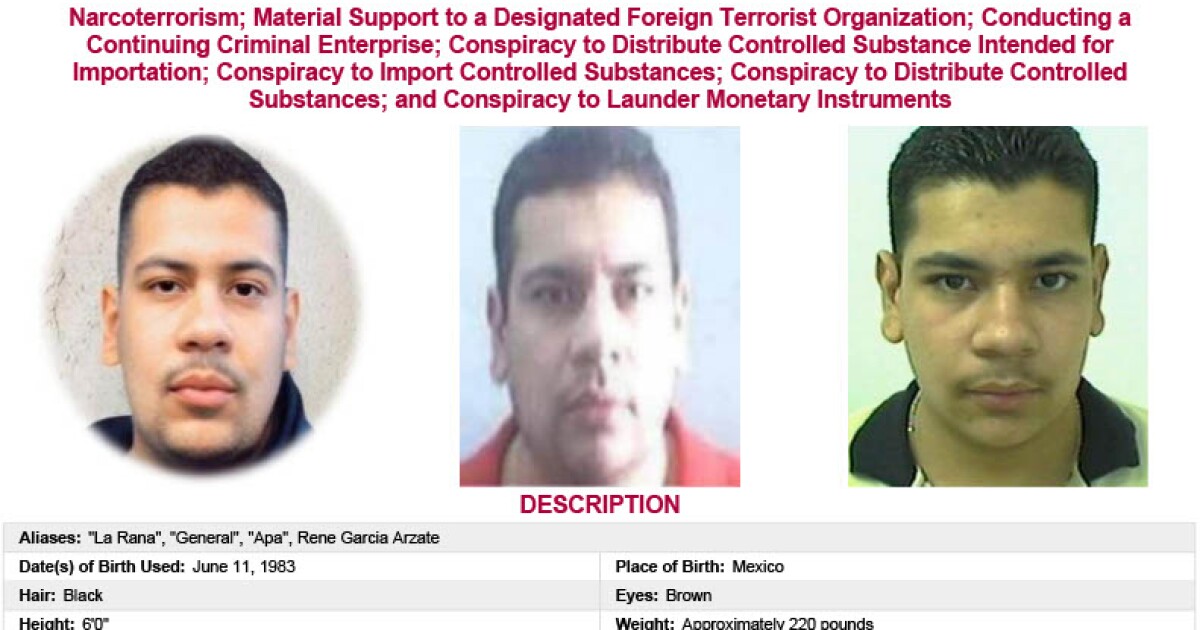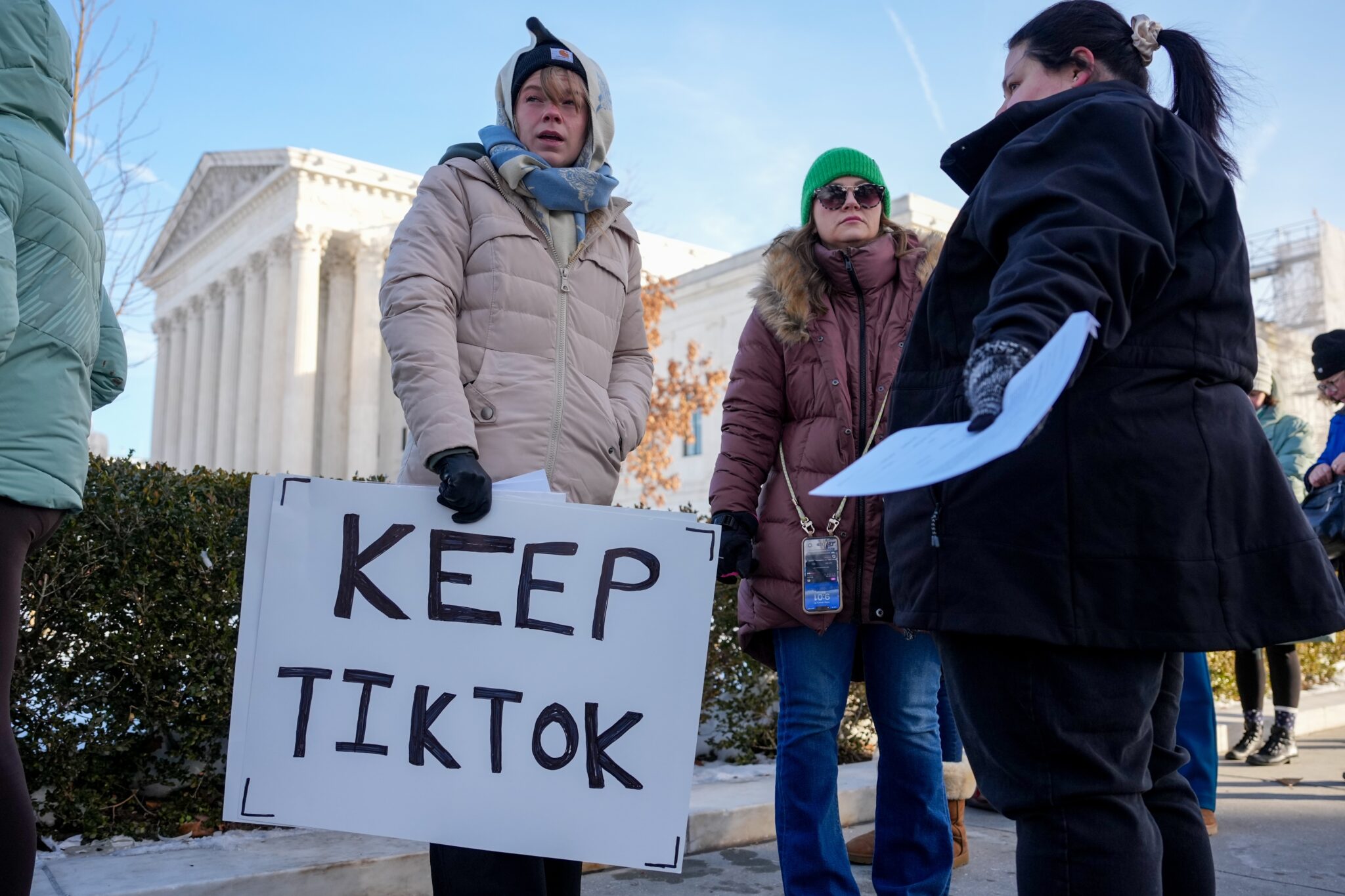The Arizona Diamondbacks are seeking approval for a legislative proposal to fund repairs for Chase Field using state and local taxes. The initiative, which has gained traction in the state Legislature, aims to resolve a long-standing dispute over the maintenance costs of the stadium with Maricopa County.
Chase Field, which opened in 1998 and served as the home ground for the Diamondbacks’ first season, reportedly requires about $500 million in renovations to address various structural issues, including the roof, air conditioning, and plumbing. Former Diamondbacks star Luis Gonzalez, now a team executive, emphasized the stadium’s aging condition, stating, “Twenty-six years later, not much has changed, and the stadium is in dire need of improvements and repair.”
In 2018, following a lawsuit over repair costs, Maricopa County reached an agreement with the team, granting them control over stadium events to generate revenue for necessary fixes. Despite these efforts, further financial support is needed, especially with the Diamondbacks’ lease at Chase Field expiring in 2027. Concerns have arisen that the team might relocate if a funding solution isn’t reached.
To address these concerns, Rep. Jeff Weninger (R-Chandler) introduced House Bill 2704. The bill proposes using sales taxes collected at the stadium during games and income taxes from employees, including players, to finance the repairs. Additionally, the bill includes a clause requiring the Diamondbacks to pay a $10 million penalty if they leave Chase Field before 2035.
Currently, these taxes contribute to city, county, and state budgets. “I’ve been seeing this being dealt with publicly and no real resolution coming to improving and making sure a public asset is maintained,” Weninger stated.
The Diamondbacks project that Weninger’s plan could generate $15 million to $20 million annually. The team has pledged an additional $250 million to $300 million for repairs, supplementing the $250 million they have already invested in the stadium, according to Amilyn Pierce, the team’s vice president for government affairs.
Supporters of the bill argue that it will ensure the Diamondbacks, a significant local economic contributor, remain in Phoenix. Rep. Janeen Connolly (D-Tempe) noted the stadium’s importance to downtown Phoenix before voting in favor of the proposal. Local business owner Teddy Myers highlighted the venue’s impact on sustaining downtown businesses, especially during slower periods.
However, critics argue that the proposal diverts essential funding from public services. Margaret Schultz from Worker Power criticized the move, asserting, “We simply don’t believe that a billionaire owner needs his team to receive handouts from working families,” referencing Diamondbacks owner Ken Kendrick.
Kevin McCarthy, president of the Arizona Tax Research Association, warned that approving the bill could lead to similar requests from other organizations. “Be comfortable with who you’re going to say no to, not who you’re going to say yes to,” McCarthy stated.

The Arizona House’s Commerce Committee has approved HB 2704 with an 8-1 vote, although some lawmakers have reserved their final decisions for when the bill reaches the House floor. Rep. Michael Way (R-Mesa) expressed caution regarding the use of tax money, while Rep. Cesar Aguilar (D-Phoenix) urged the team to employ union labor for the renovations, citing his father’s connection to the stadium’s original construction.
The bill must still pass the Arizona Senate and receive Governor Katie Hobbs’ signature. Hobbs’ position on the bill remains uncertain, with her spokesman, Christian Slater, stating, “The governor wants the Diamondbacks to stay in Phoenix. As with any bill, the governor’s office is engaging with stakeholders and legislators, but it’s too early in the process to comment on any legislation.”
Maricopa County, a key stakeholder, currently opposes the bill, citing concerns about the impact on voter-approved sales taxes for transportation and jails. Phoenix has also registered opposition but has not provided specific reasons. Weninger plans to discuss these issues with city and county officials soon. The county might remain neutral if their concerns are addressed.
—
Read More Arizona News

